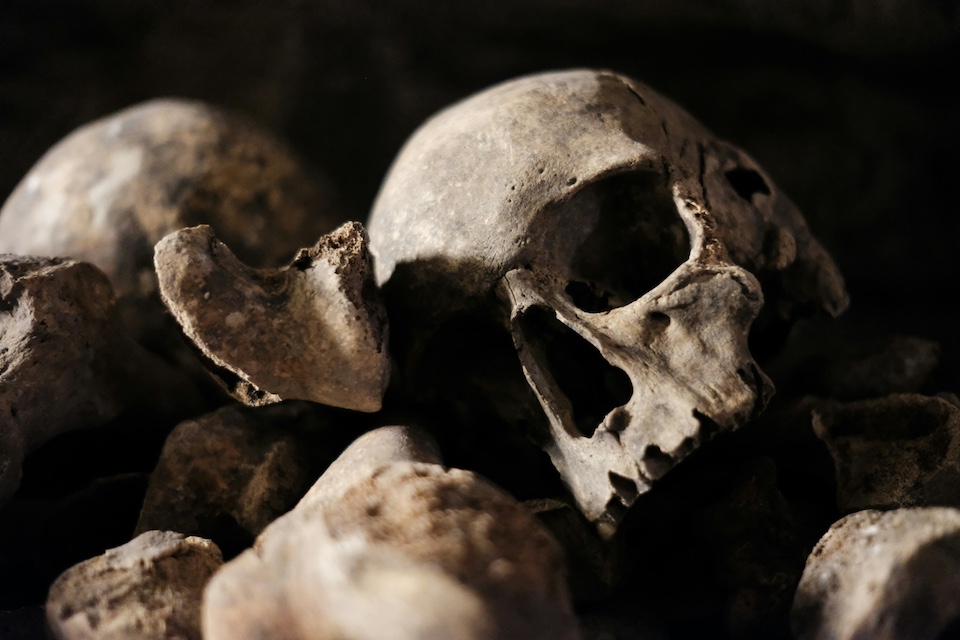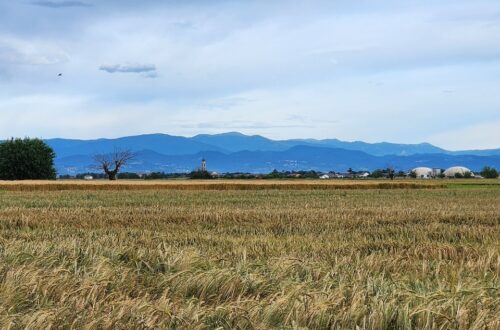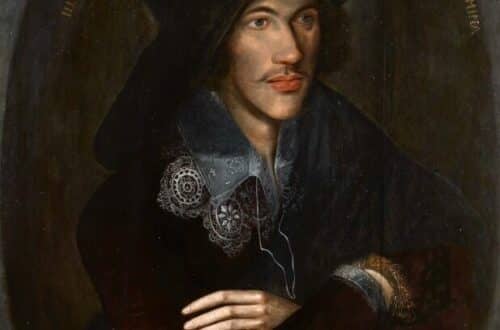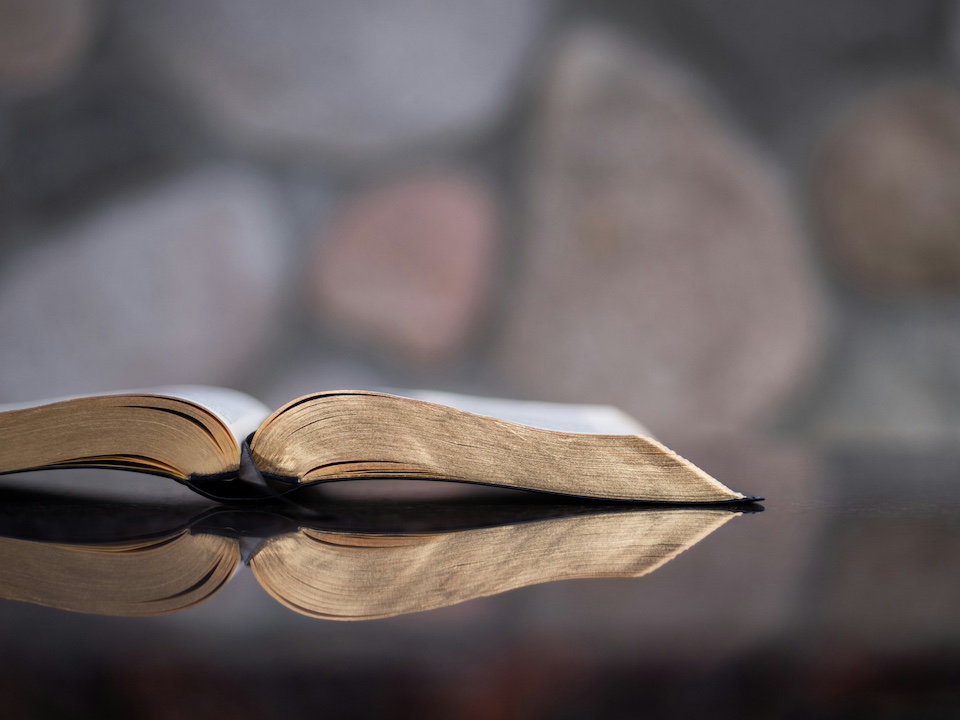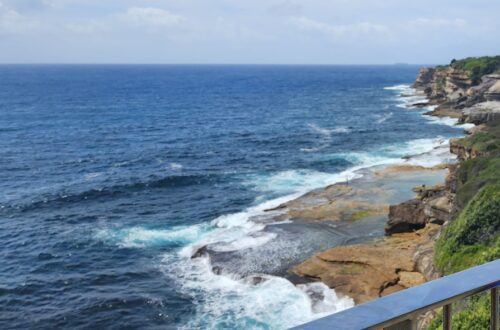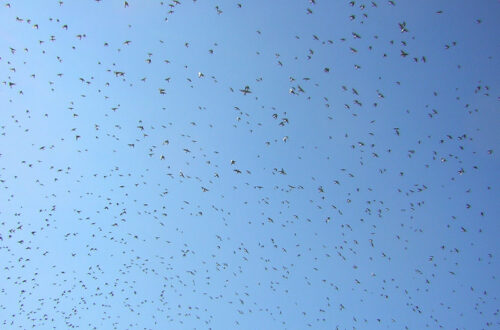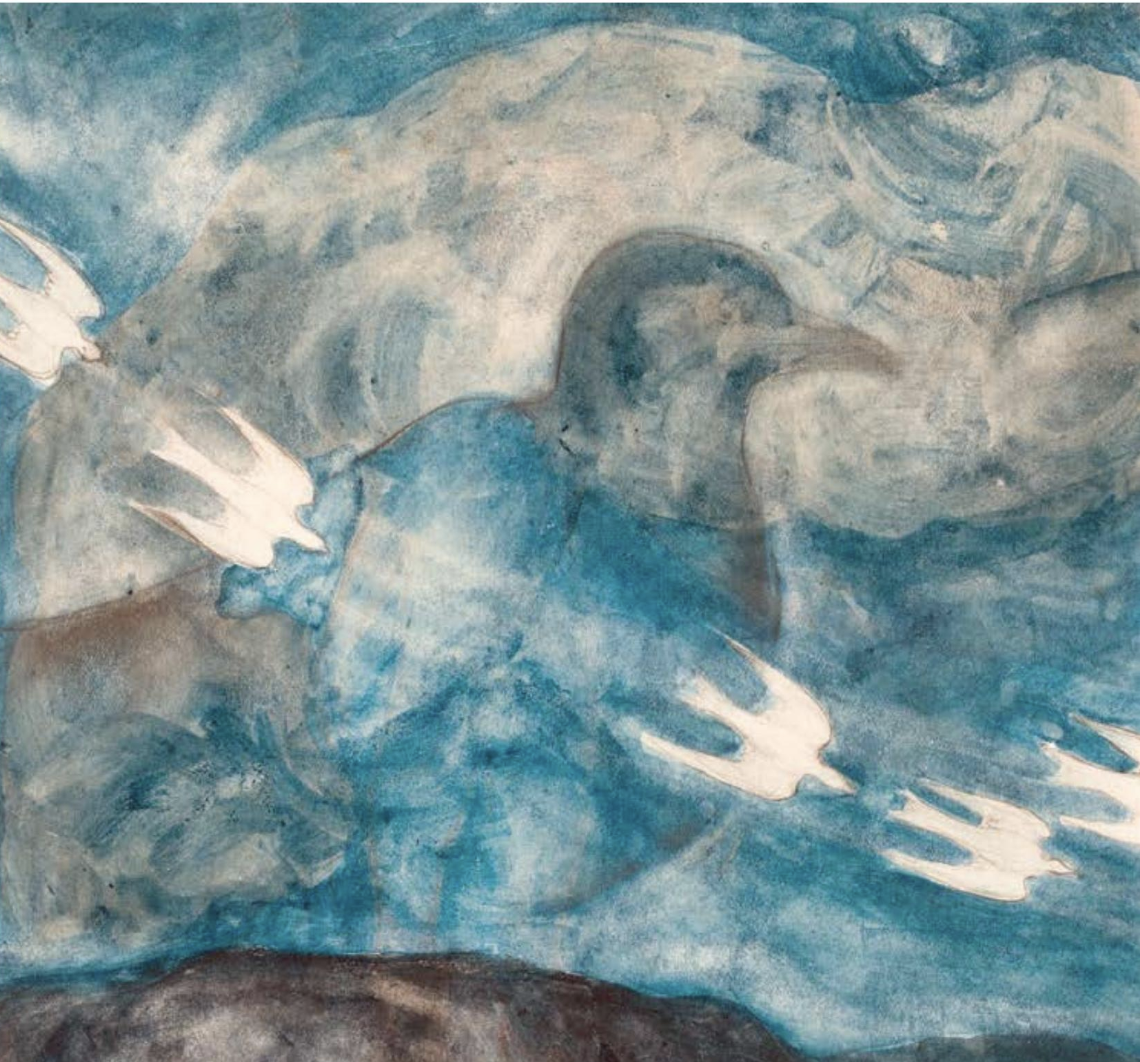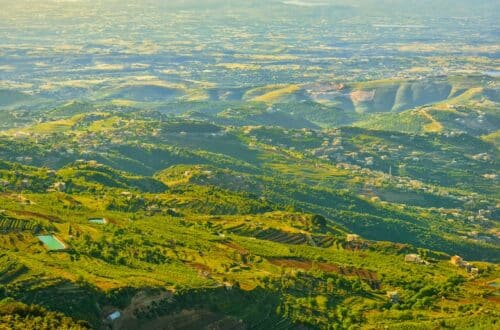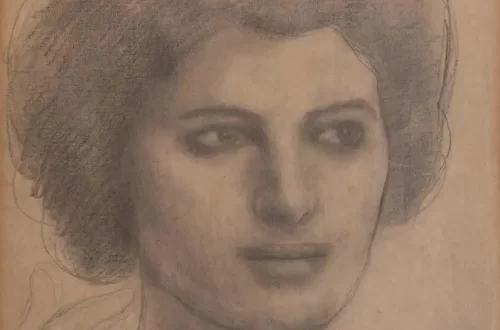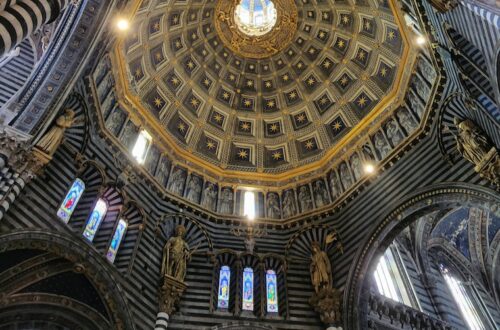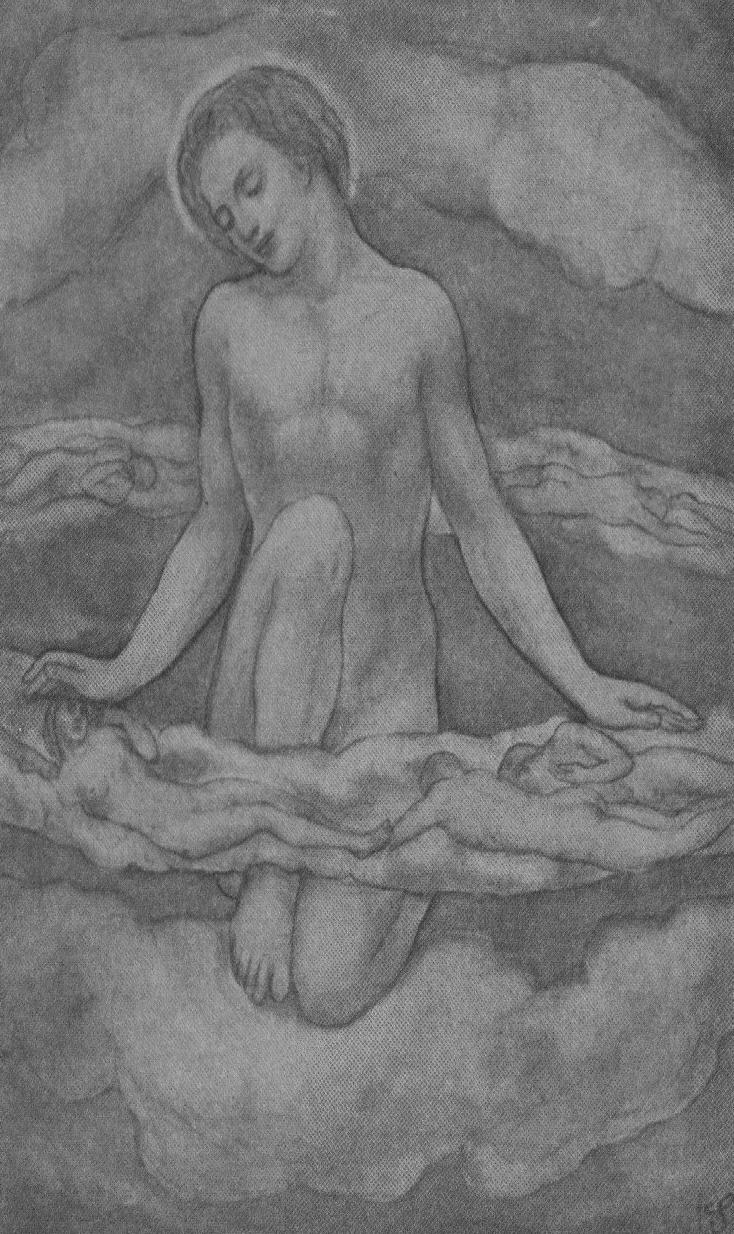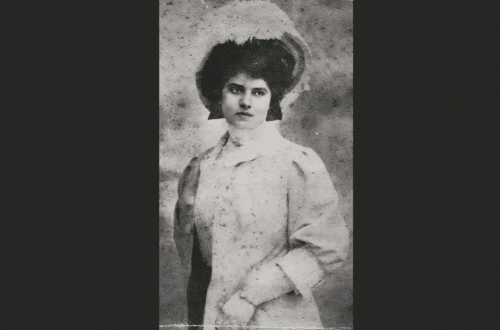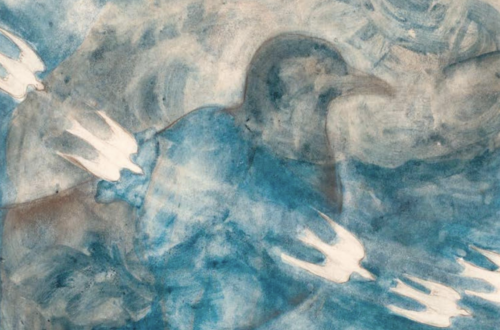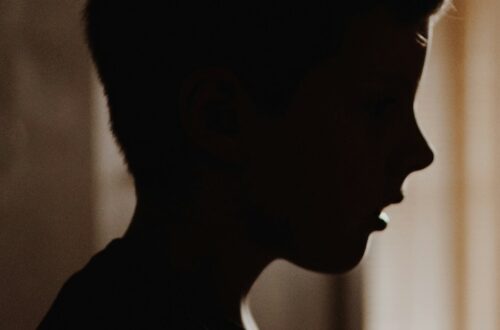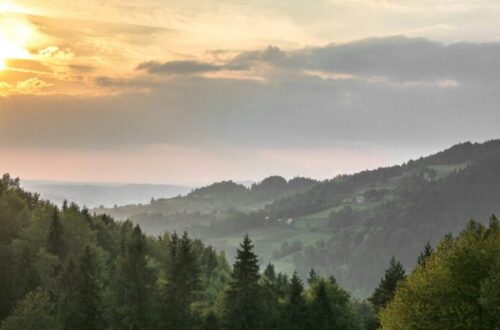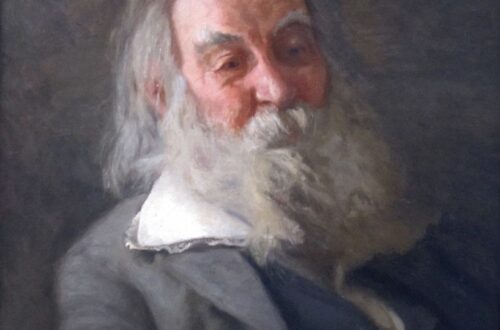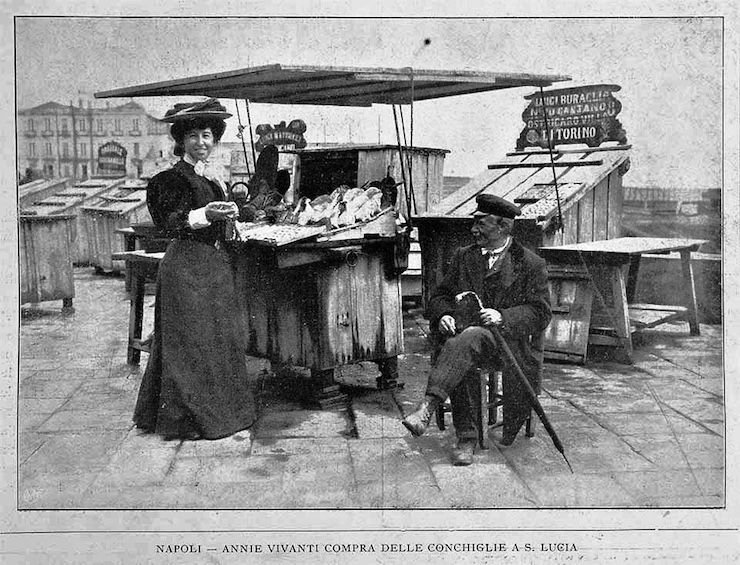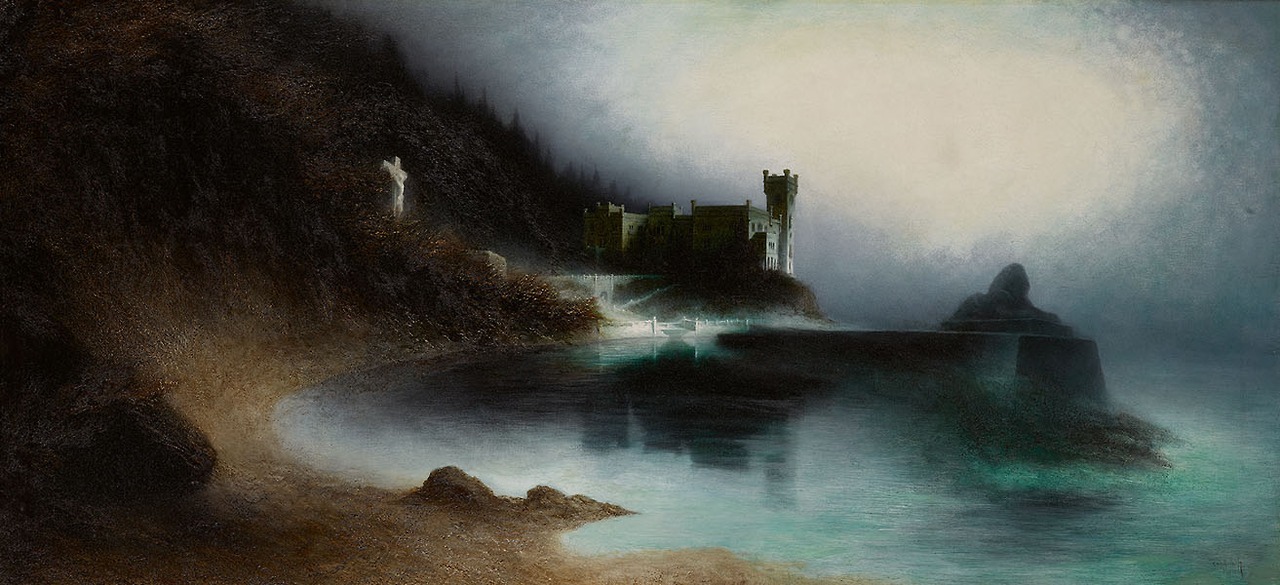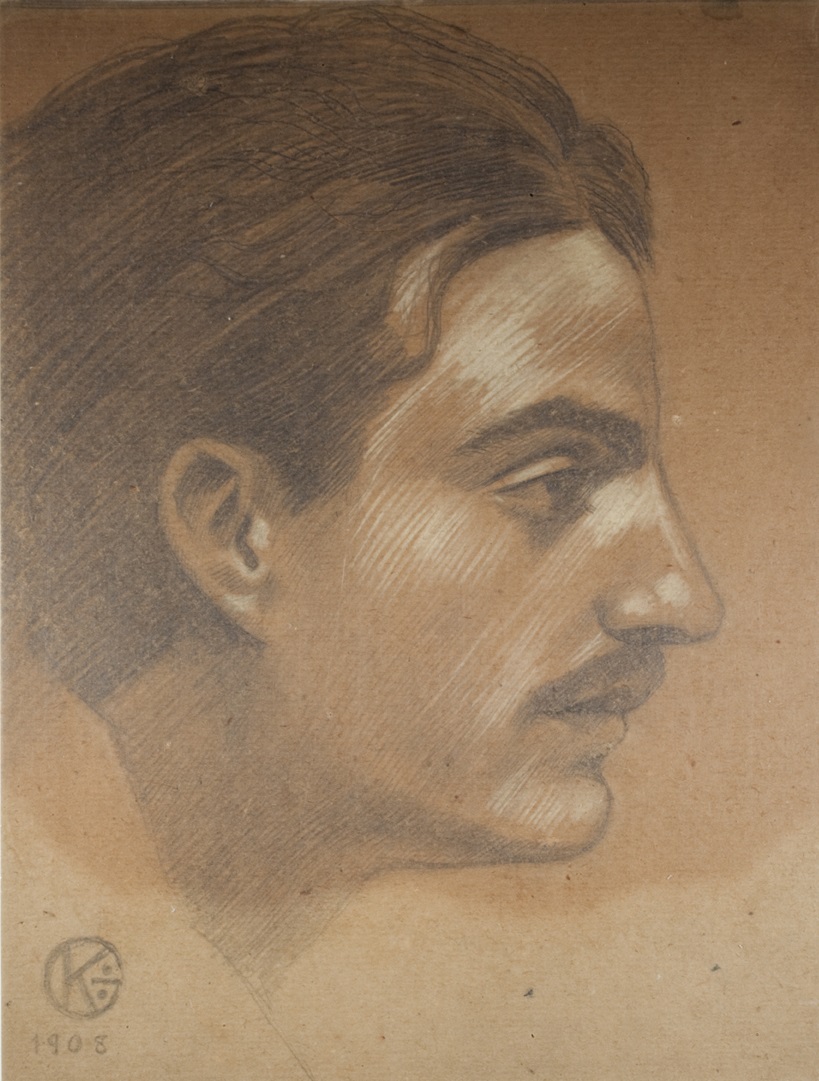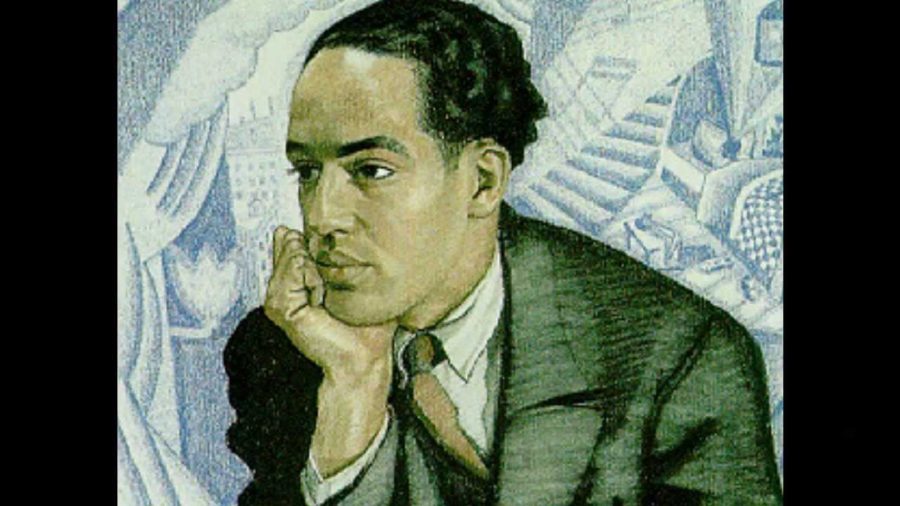-
Bones and Stones – Civilisation is Not Measured in Piled up Steel
In this poem I ask what we mean when we say ‘civilisation’. If you look at typical definitions you find answers that suggest complexity, hierarchy, trade; as if these things have ‘value’ in themselves. We tell the story of civilisation in terms of ‘stone’ and, as often, in terms of the ‘bones’ of those whose death has served as fertiliser for this or that history. In questa poesia chiedo cosa intendiamo con la parola ‘civiltà’ . Le tipiche definizioni suggeriscono complessità, gerarchia, commercio; come se queste cose avessero valore da sé. Raccontiamo la storia della civiltà in termini di ‘pietre’, e sovente, in termini di ‘ossa’ di quelli la cui…
-
Not the pages are divided
This poem was inspired by the process of translation and thinking about the physical book (the parallel text bilingual publication) in which the translations live. It explores the relationship between the words and pages. Questo poema fu ispirato dal processo di tradurre e pensare al libro fisico (la pubblicazione bilingue con pagine affiancate) in cui si trovano le traduzioni. Il poema esplora la relazione fra parole e pagine. Non sono le pagine ad essere divise Not the pages are divided Inglese a destra, l’italiano a sinistra, Divisi l’un dall’altro: oriente è l’oriente e ovest l’ovest, Uno spazio di un pollice, ma fin quando le vedremo, parole da pagina a pagina,…
-
Words take flight: for Kahlil Gibran and May Ziadeh
This poem is dedicated to Kahlil Gibran and May Ziadeh. Both their lives ended tragically. They each possessed a remarkable freedom which allowed them to cross boundaries of language and culture. Questo poema è dedicato a Kahlil Gibran e Mayy Ziyade. Entrambe le loro vite sono finite tragicamente. Ognuno di loro aveva una libertà che dava loro la capacità di oltrepassare confini di linguaggio e di cultura. Ziadeh was a remarkable literary figure who knew multiple languages; her poetry was influenced by both west and east. Born in Palestine, she later moved to Egypt. She began her literary career writing French poetry, and also in English and Italian. Later she…
-
Pity the nation – from the Prophet of Kahlil Gibran
This is a second article on the poetry of Kahlil Gibran. In the first article I translated Gibran’s Arabic poem “The Night” into English. This time the point of departure is a passage from The Prophet, which as previously noted, Gibran wrote in English. It is presented here with an Italian translation. The passage concerns his thoughts about the nation. It is largely a critique of shortcomings. The poem begins with self-reliance, yet the last line of the poem suggests larger connections. It could have a variety of meanings. If we consider it in light of the following quotes attributed to Kahlil Gibran, it perhaps has a larger significance. Questo…
-
Words fail me …
Words fail me … they fail to bridge the vast divide, The towering Babel that trims human pride. Strange that words, the very vessel of friendship, Should so offend the Gods they tied our tongues. Parole fail me, yes parole fail me too, What prompting of the heart does that word solicit? Or Kalimaat, with its frail curls and elegant lines and points, What affinity or aversion – or simple incomprehension? Le parole mi lasciano deluso … non sanano l’immenso abisso, La torreggiante Babele che riduce l’orgoglio umano. Strano è che parole, il vero strumento d’amicizia, Hanno così offeso gli dei che ci hanno legato la lingua, Words mi deludono,…
-
Annie Vivanti – What is your country and what your faith?
Annie Vivanti was a celebrated writer in her own day, and her works were translated across Europe. Her poem “ego” (used in the sense of “I”), caught my attention. It appeared in her first collection of poems and captures the orientations of youth. She is not yet twenty when she writes it, and she uses it to introduce herself and her poetry. Yet she lives in a world in which she doesn’t fit. The world’s boxes are not designed for her, and the world struggles to find the right pigeonhole in which to put her. As the poem which follows makes clear, it is a process which she resists. Of…
-
O Night of the lovers … by Kahlil Gibran
Kahlil Gibran, the Lebanese or Lebanese American, poet, is best known for his beautiful epic poem The Prophet. We have owned a copy for many years and it is a pleasure to return to it. I had always assumed that he wrote the Prophet in Arabic, and that what we have in English, is a translation. It was only when I looked for the Arabic ‘original’, that I realised that there were different Arabic versions and, in fact, the English was the original version which he himself wrote. It is remarkable for a poet to be as talented in an adopted language as in their mother tongue. That was the…
-
Walt Whitman – His Yearning and Ardent Poetry
The celebrated American poet, Walt Whitman, lived from 1819 until 1892. It was a tumultuous time of change in the United States; an epoch which is reflected in his poetry and in his hopes for the future of America. Two of his poems – poems reaching for a better world – appear below. They are presented both in original and in Italian translation. Il celebre poeta americano, Walt Whitman, visse dal 1819 al 1892. Era un’epoca tumultuosa e di cambiamento negli Stati Uniti; un’epoca che si riflette nella poesia di Whitman e nelle sue speranze per il futuro dell’America. Due delle sue poesie – poesie che cercano un mondo migliore…
-
Langston Hughes – poet and prophet in translation
Some years ago I wrote an article about Langston Hughes and his poetry. Here I would like to present Italian translations of some of his poetry. The first is a brief epigram. The second is an extract from his poem Let America be America again. The third is I Dream a World, a poem which he included in his opera Troubled Isola. Qualche anno fa ho scritto un articolo su Langston Hughes e la sua poesia. Qui vorrei presentarne una traduzione italiana. La prima è un epigramma breve. Il secondo è un brano dal suo poema O, che l’America di nuovo America sia. Il terzo è Sogno un mondo, un…
